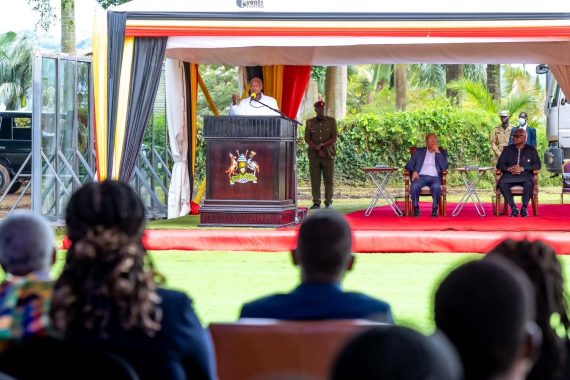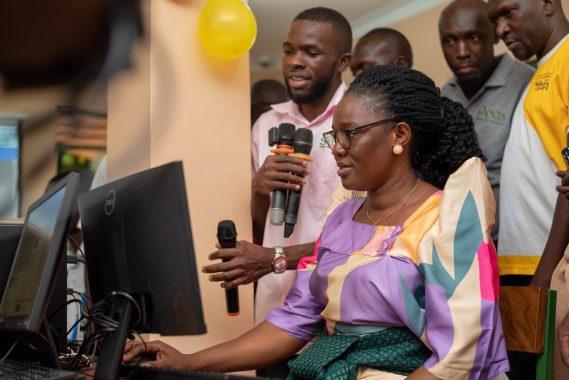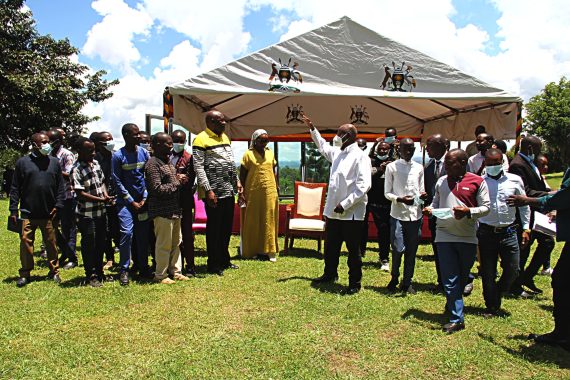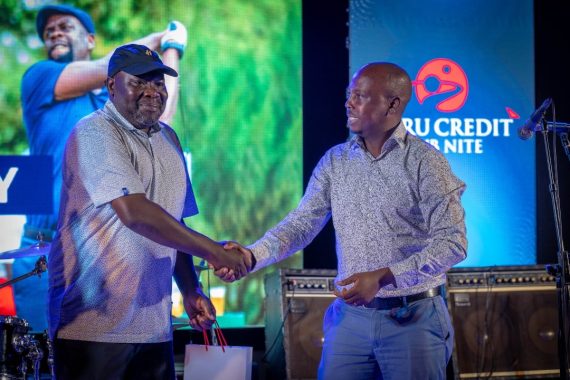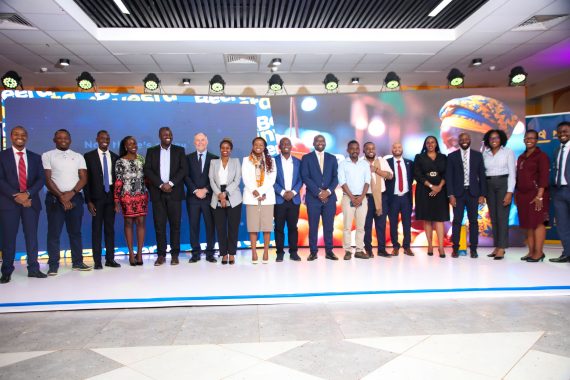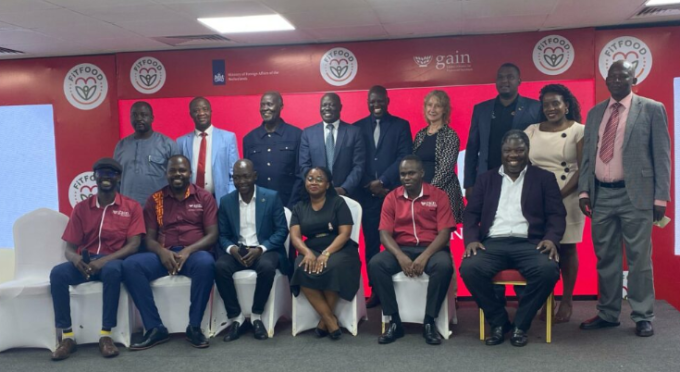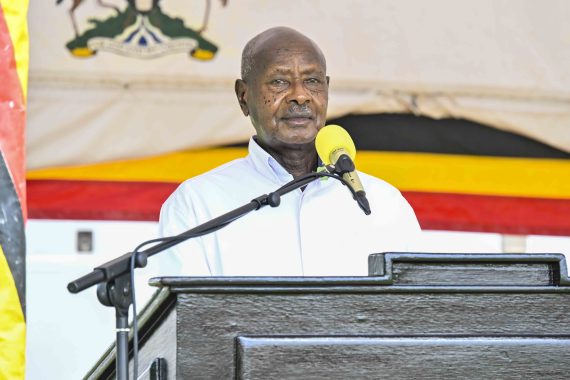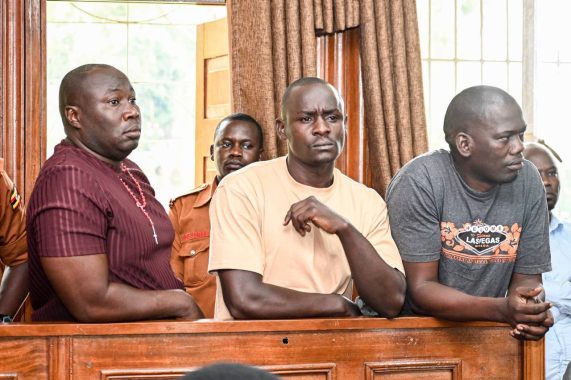President Yoweri Kaguta Museveni has called for a deliberate and strategic transformation of Africa’s economies and ideologies, saying sustainable development will remain elusive without this shift.
While officially opening the 8th African Leadership Forum at the Commonwealth Resort Munyonyo, President Museveni reminded delegates that the continent’s challenges are rooted in historical struggles for political control and state weakness after independence.
“Even before independence, Africa’s primary challenge was the lack of political power. After we got independence, many countries descended into chaos because of weak states and the absence of purposeful politics.” Museveni said
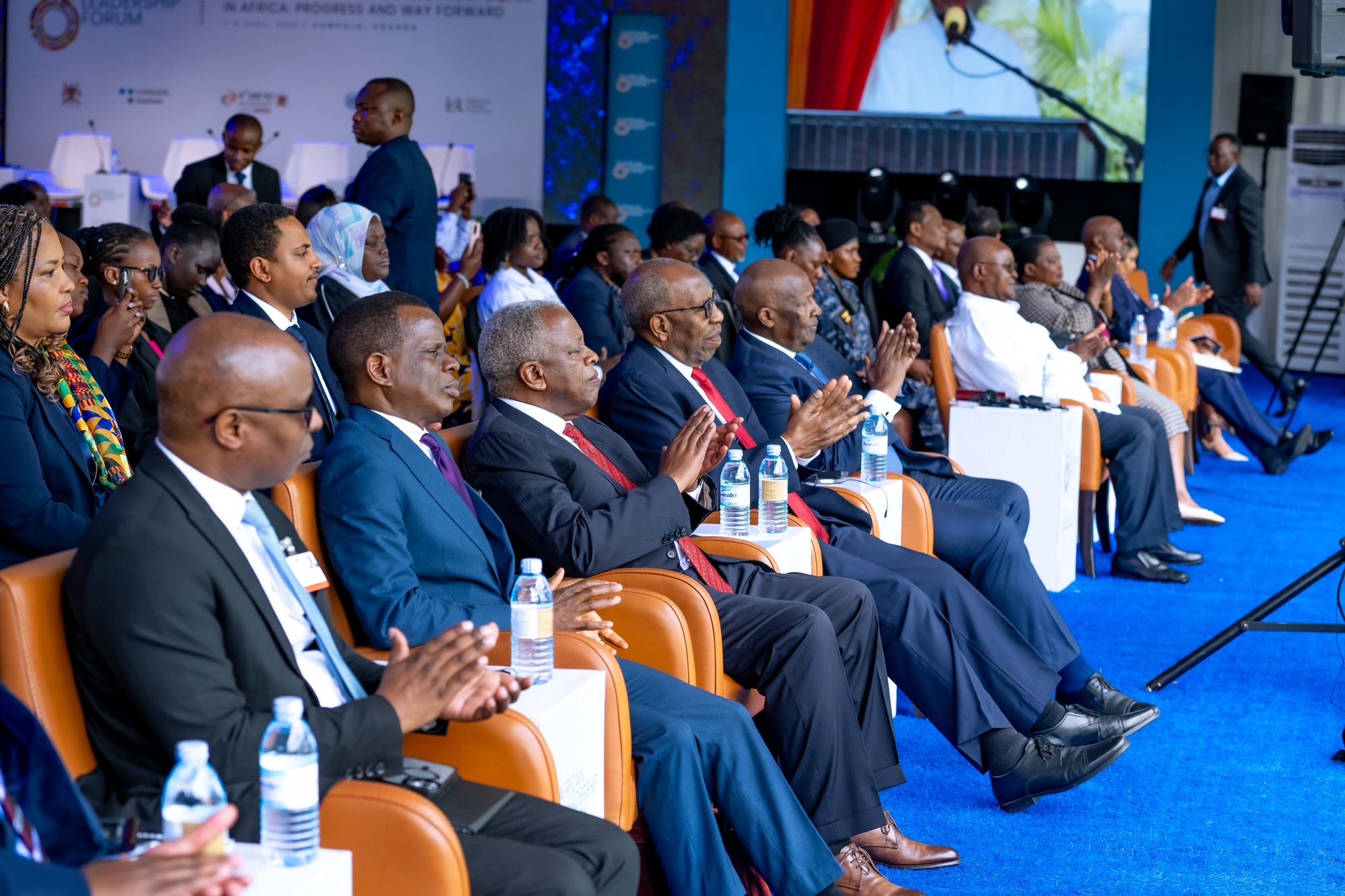
He told participants that Uganda’s development journey offers valuable lessons, having undergone six major economic phases. These, he said, include: minimum economic recovery, economic expansion, diversification, value addition, a shift to a knowledge-based economy, and currently, a strong focus on science, technology, and innovation, particularly in areas like vaccine production.
“When we talk about sustainable development, we are not merely referring to survival or stability. We mean building a new economy propelled by transformation,” the President added.
Museveni said Africa cannot continue exporting raw materials, relying on identity-based politics, or ignoring strategic infrastructure if it hopes to develop meaningfully.
“Africa cannot achieve sustainable development without a deliberate process of economic and ideological transformation. Even before independence, our main challenge was lack of political power. But after independence, many of our countries fell into chaos due to weak states and politics without a historical mission.” the President declared.
In a powerful keynote address that mixed history, economics, and ideology, President Museveni cautioned against politics based on tribes, religion, or gender, saying such approaches only breed weak states and stifle nation-building.
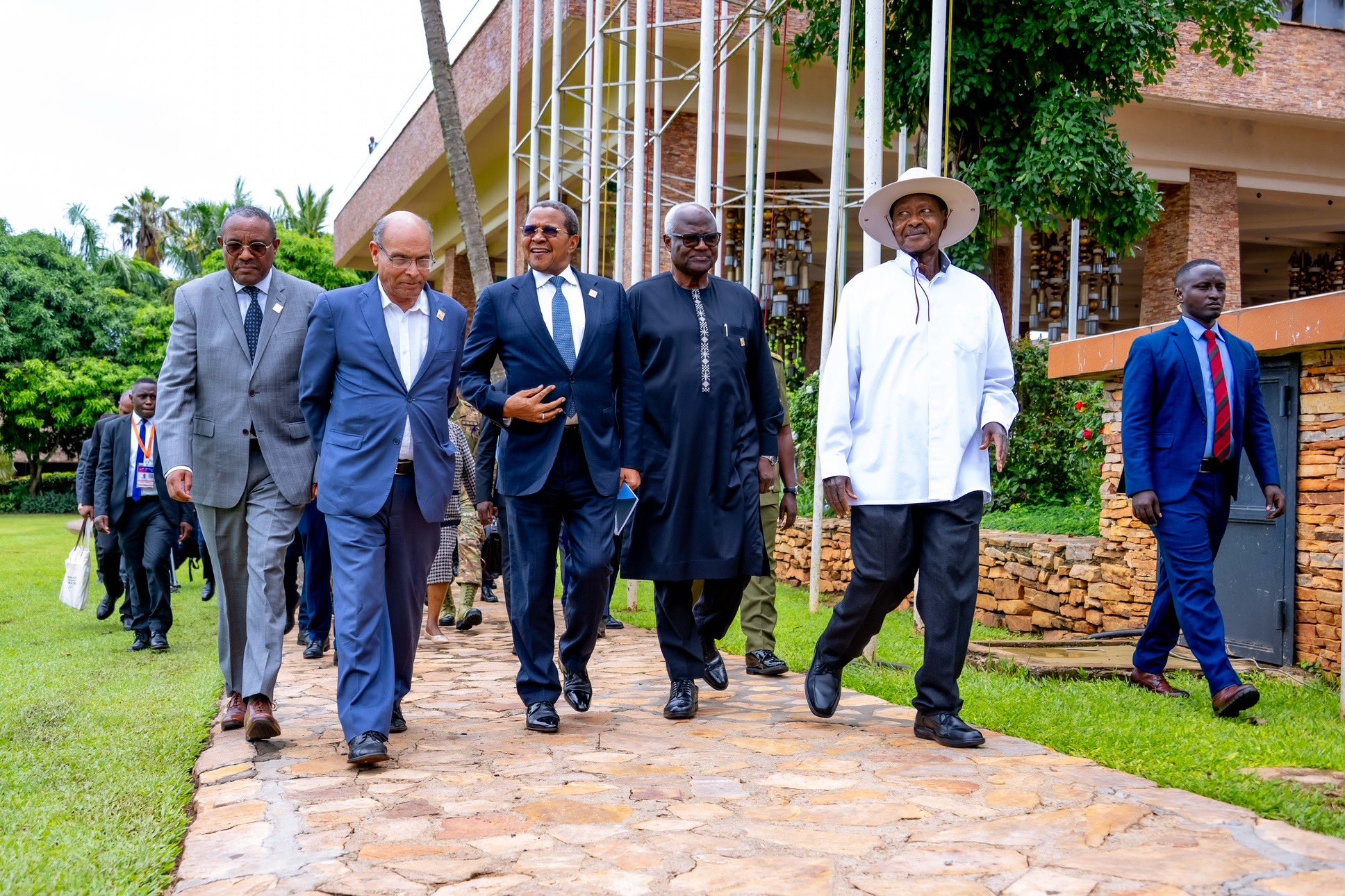
“You can’t have an army without a historic mission. The British army was the imperial army. The American army defends capitalism. The Red Army stood for the workers and peasants. What do African armies stand for? You cannot be a soldier without a mission.”he said.
Museveni criticized post-independence governments for suppressing private enterprise, citing Uganda’s expulsion of Indian entrepreneurs under Idi Amin as a costly mistake.
“When we expelled the Indians, we lost a lot. They were helping us. That was another strategic bottleneck,” he said.
The President also lashed out at the continued export of raw materials, arguing that Africa is “donating wealth” to developed economies.
“When you export raw coffee, you earn $2.5 per kilogram. But when someone roasts and packages it, they earn $40. In every kilogram, Africa donates over $20 to the world,” Museveni explained.
He revealed that Uganda had blocked attempts by some districts to export iron ore to India at a paltry $47 per tonne.
“I said over my dead body. Why export raw iron ore? Let it stay in the ground until we’re ready to add value. Raw materials are a curse if not used properly,” he warned.
The President championed regional integration and infrastructure development to boost African economies, pointing to Uganda’s 5.3 billion litres of annual milk production of which only 200 million litres are consumed locally as proof that bigger regional markets are needed.
He stated that infrastructure must include cheaper transport options like railways and water transport, not just roads.
On human capital, Museveni underscored the importance of health, education, and skills development, warning that no country can transform with an unskilled population.
He also noted progress in integrating Ugandans into the money economy from 10% in the 1960s to 68% today mthanks to interventions like Entandikwa, NAADS, and Operation Wealth Creation.
The African Leadership Forum, established in 2014 by the late former Tanzanian President H.E. Benjamin Mkapa in collaboration with the UONGOZI Institute, aims to provide a platform for open dialogue among current and former African leaders, the private sector, and civil society.
Former Tanzanian President Jakaya Kikwete, who now chairs the forum, praised Uganda for hosting the event and thanked President Museveni for his personal presence.
“Your Excellency, we thank you for the warm reception and generous hospitality in this beautiful and historic city,” Kikwete said.
He called for bold action beyond talk, urging African leaders to turn discussions into practical results.
“Over the years, the forum has become a unique platform for candid conversations on Africa’s development path,” Kikwete said. “We must now turn recommendations into practical and implementable solutions.”
Kikwete reaffirmed the forum’s role in promoting visionary, accountable leadership, regional cooperation, and sustainable growth.
Among the Ugandan dignitaries present were Prime Minister Rt. Hon. Robinah Nabbanja, former Prime Ministers Rt. Hon. Ruhakana Rugunda and Hon. Amama Mbabazi, as well as former Vice President Prof. Gilbert Bukenya.
The forum, which brings together current and former heads of state, policy makers, business leaders, and academics, is focusing on pathways to Africa’s long-term prosperity through leadership, innovation, and regional cooperation.




